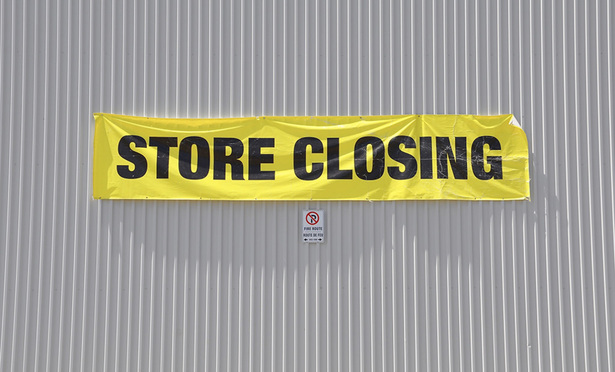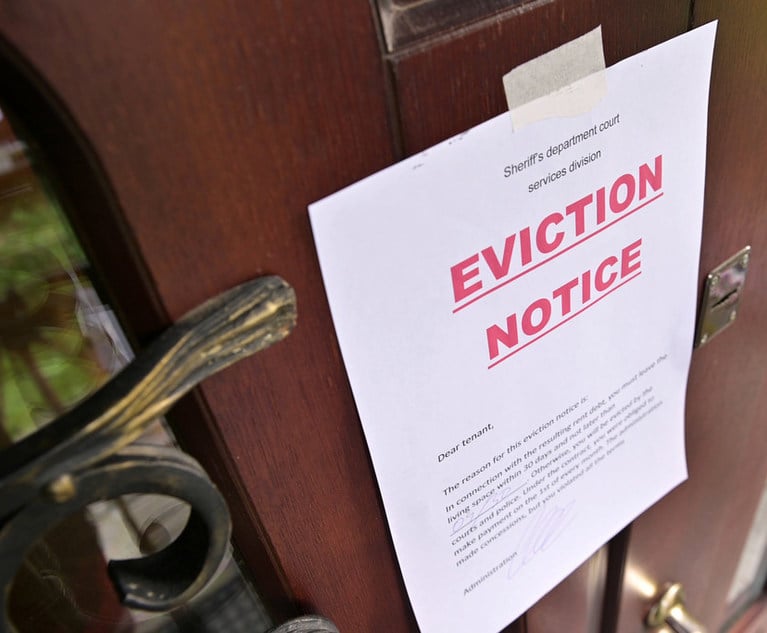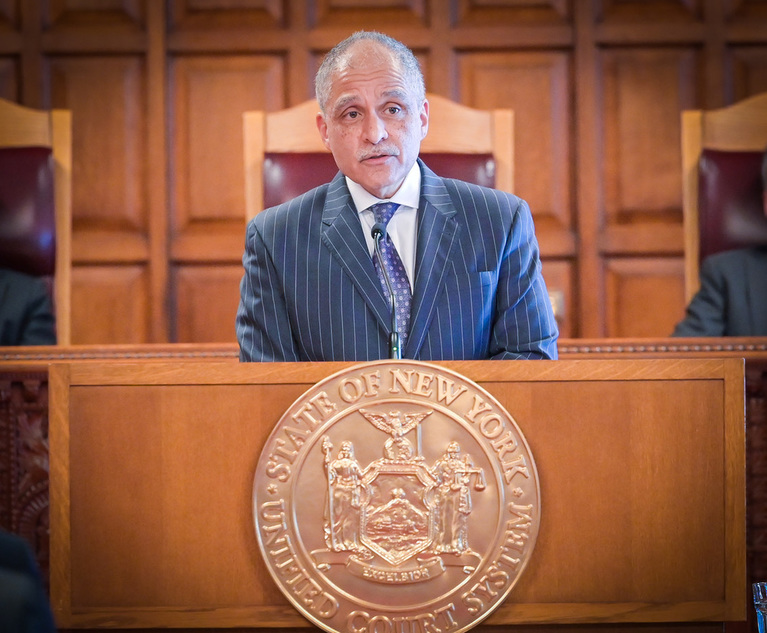Where feasible, companies do not file Chapter 11 petitions until after formulating both an exit strategy and plans to operate during the pendency of the bankruptcy case. For restaurateurs and retailers, this strategy will almost invariably require and depend upon cash flow for continued use of leased stores and restaurants. Planned Chapter 11 budgets must take this into account as landlords are entitled to full rent for the post-petition use of their property. To say the least, for those companies that filed for bankruptcy on the eve of the COVID-19 shutdowns, the strategies—and available cash flows to pay landlords—did not go as planned.
Underlying Facts
Three unrelated companies separately filed for Chapter 11 shortly before the COVID-19 pandemic shut down the country. On Feb. 17, 2020, Pier 1 Imports, Inc. (Pier 1) filed for Chapter 11 in Virginia. Pier 1 sought to pursue a going concern sale and continue its previously announced restructuring efforts, which included permanently closing hundreds of stores. On March 3, Craftworks Parent, LLC (Craftworks), the owner and franchisor of several restaurant chains, filed for Chapter 11 in Delaware. Similar to Pier 1, Craftworks planned to keep its business alive through a going concern sale resulting in a smaller footprint. On March 11, Modell’s Sporting Goods, Inc. (Modell’s, and Pier 1 and Craftworks, each a “debtor”) filed for Chapter 11 in New Jersey. Modell’s plan was to liquidate its inventory through going out of business sales in its stores. The COVID-19 crisis quickly altered the bankruptcy strategy of each of the debtors, as their plans to continue operation of their leased stores and restaurants post-filing were rendered impossible.







